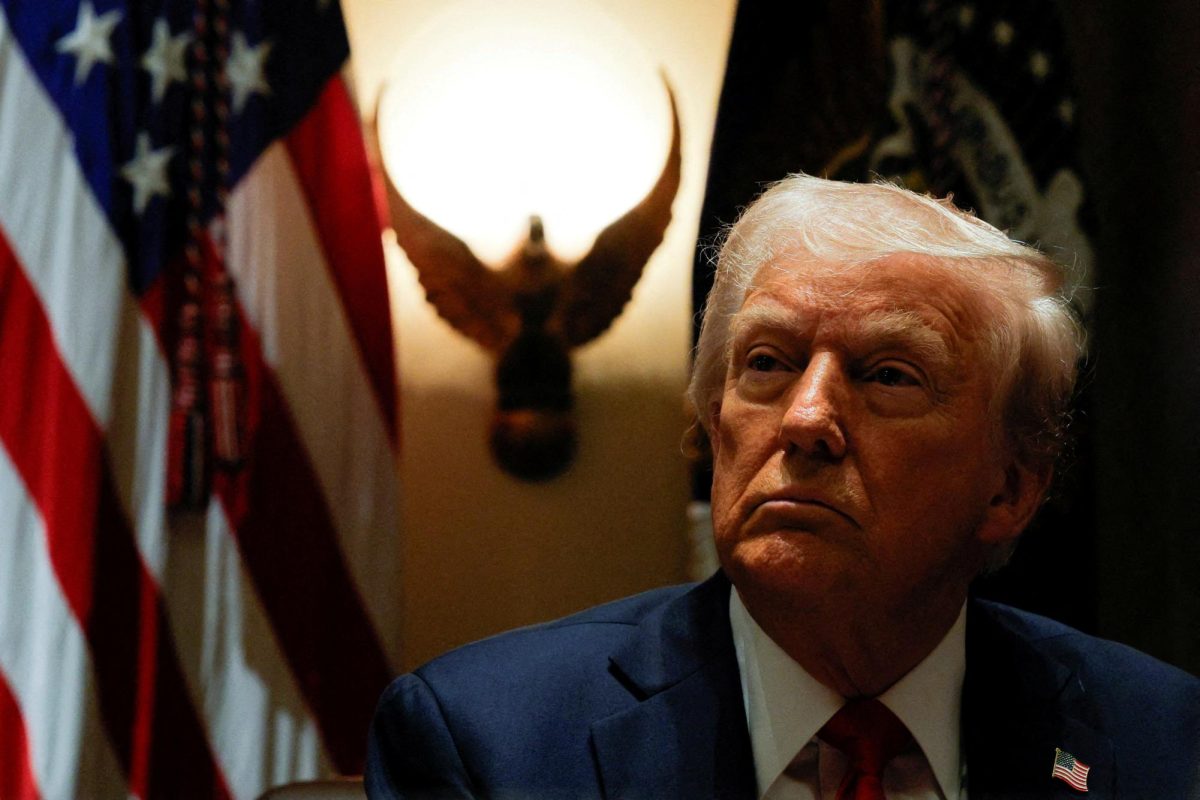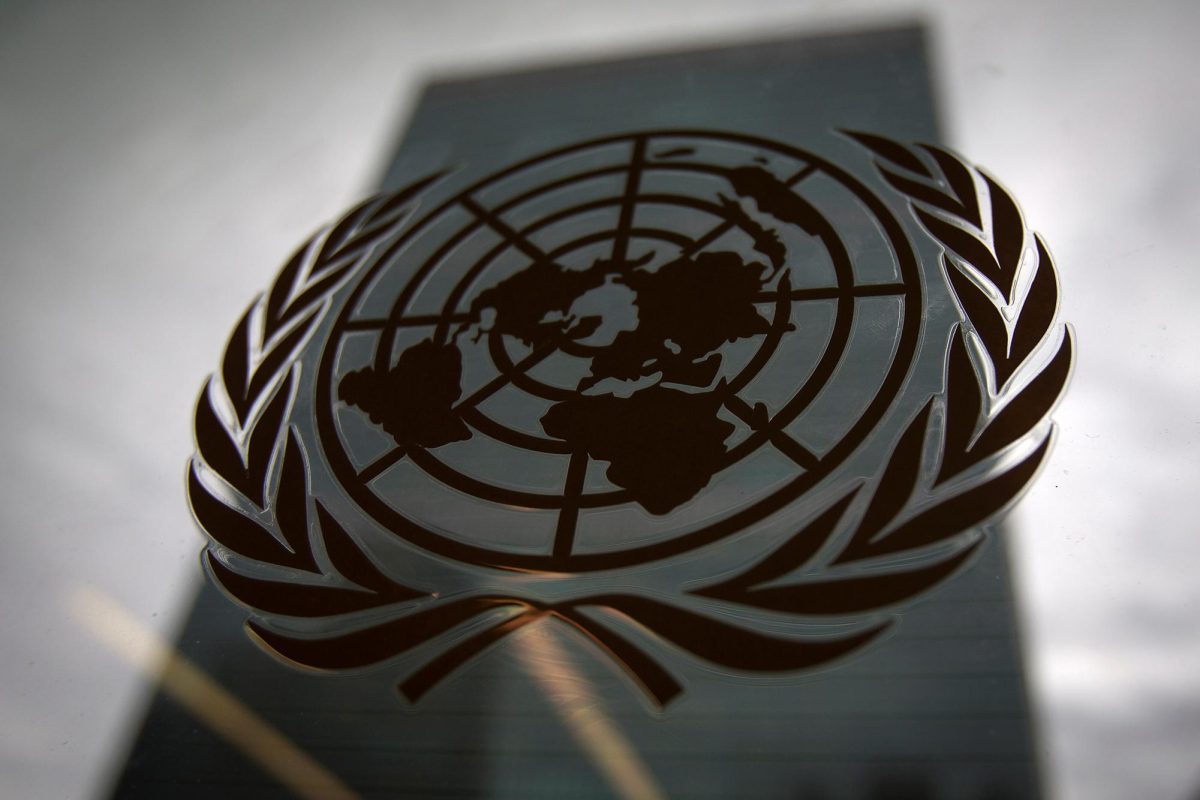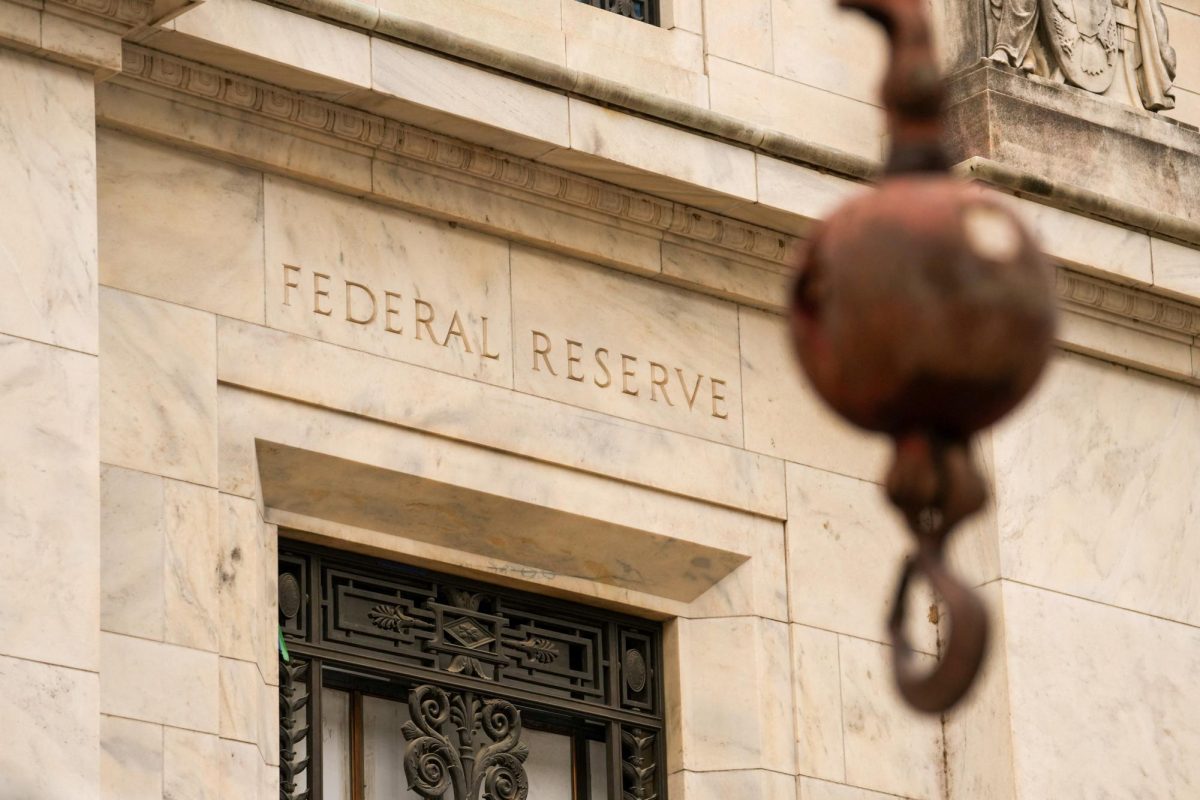Jeffrey Goldberg, editor-in-chief for The Atlantic, was shocked to open his phone on the morning of Tuesday, March 11th, to an invitation to a group chat with texts containing US plans to bomb Yemen.
The group chat, containing 18 officials including the Vice President J.D. Vance and Secretary of Defense Pete Hegseth, was on an encrypted messaging service called Signal. This app is typically known for its security, but the incident has caused doubts about whether it can be trusted. The event has been dubbed “SignalGate” by some news outlets, and the nation is divided on who is to blame for the security breach.
According to Goldberg, he was invited to the chat “Houthi PC Small Group” by national security advisor Mike Waltz. In a phone conversation with NBC News, President Trump alleged that one of Waltz’s staffers was responsible for inviting Goldberg, and has expressed that he trusts Waltz and stands by him. Waltz, however, has stated that he was the one who invited Goldberg to the chat.
The disclosed information involved the details of targets and weapons for a planned airstrike in Yemen, which ended up taking place on March 15th. Vice President Vance denies that any of the information shared in the thread was classified.
Although the airstrike plans were not impacted by this security breach, it prompted an interesting discussion about national security, and the use of encrypted messaging programs such as Signal for sharing classified information. Many are angered that the officials would discuss war plans in the thread, expressing concern about the privacy of such important subjects. War plans are usually discussed in Sensitive Compartmented Information Facilities, or SCIFs, which are secure rooms that do not allow phones to be brought in or classified documents to leave. The Department of Defense even warned about Signal on March 14th, amidst fears that Russia was attempting to hack the app.
Goldberg shared his thoughts on the situation in an article on The Atlantic, and also told NPR that he believes Waltz had intended to add someone with the same initials instead of himself. He initially believed it was a scam, but the texts he saw in the period of time between his invitation and the bombing gradually led him to realize what was actually going on. He did not fully recognize that the chain was real until Hegseth shared a long message with operational details about the attack. Goldberg chose not to share these details in the article, saying the information “could conceivably have been used to harm American military and intelligence personnel” if discovered by an opponent of the United States. He was appalled by the sensitivity of the information being shared, and is still searching for answers about why he may have been added to the thread
The leaked messages also show an intriguing contrast between the views of the President, Donald Trump, and the Vice President, J.D. Vance. Vance has appeared to agree with President Trump on all prior positions, but showed an apparent concern for his plans in a message sent on the thread: “I am not sure the president is aware how inconsistent this is with his message on Europe right now.” A spokesperson for Vance, William Martin, has refuted rumors of tension, saying that Vance and President Trump are aligned in their opinions on the matter.
Evidently, the scandal caused by this revelation will not be forgotten. “SignalGate” will be remembered for its provocation of discussions surrounding national security.
SOURCES:
The Atlantic Article: https://www.theatlantic.com/politics/archive/2025/03/trump-administration-accidentally-texted-me-its-war-plans/682151/?gift=kPTlqn0J1iP9IBZcsdI5IVJpB2t9BYyxpzU4sooa69M
https://www.politico.com/news/2025/03/26/trump-blames-mike-waltz-signal-00252707
https://www.npr.org/2025/03/25/nx-s1-5339484/signal-war-plans-congress
https://apnews.com/article/war-plans-trump-hegseth-atlantic-230718a984911dd8663d59edbcb86f2a












